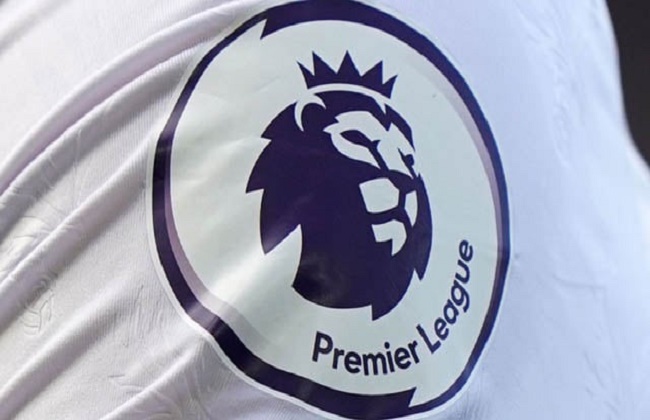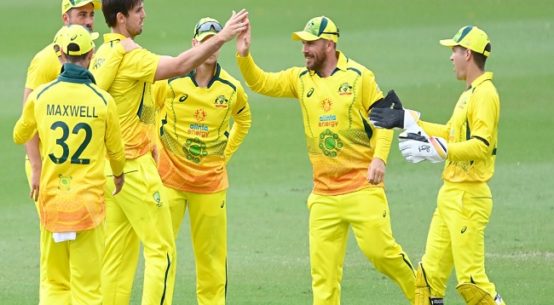
Premier League clubs’ net spend during the transfer window nearly halved as fears of sanctions for breaches of financial sustainability rules resulted in more fiscal discipline.
The English top-flight was still able to flex its financial muscle over other top European leagues thanks to the wealthiest broadcast deals in world football.
But after Everton and Nottingham Forest were deducted points in the 2023/24 season for overspending, clubs have either been forced into being more cautious or creative to avoid similar penalties.
Overall spend from Premier League clubs broke the o2 billion ($2.6 billion) mark for the third consecutive season, but dipped significantly from the nearly o2.5 billion 12 months ago with few star names on the market.
Tottenham’s o65 million deal for Dominic Solanke was the most expensive signing of the window, followed by Manchester United’s capture of French teenager Leny Yoro and Pedro Neto’s move to Chelsea.
In a bid to balance the books for profit and sustainability rules (PSR), the focus has been on player sales with some controversial consequences.
Premier League clubs are limited to losing o105 million ($138 million) across a three-year assessment period
A number of clubs have ignored fans disquiet to sell players that came through their own academies.
The sale of players who came through the youth system is particularly helpful for clubs to comply with financial regulations as the full transfer fee is recorded as a profit in the books.
Manchester United manager Erik ten Hag called for changes to the rules after the Red Devils allowed Scott McTominay to leave for Napoli on Friday.
“We have to discuss the rules, when you have to sell and obviously homegrown and academy players bring more value, that’s not the right thing to do,” said Ten Hag.
Chelsea manager Enzo Maresca said likewise after Conor Gallagher’s move to Atletico Madrid.
But the Blues have bucked the trend of financial prudence in another chaotic few months of comings and goings at Stamford Bridge.
Chelsea’s bloated player pool has expanded to over 50 as the club’s American owners continue to bet on hoovering up emerging talent across the globe.
Newcastle have felt the restrictive impact of the financial rules more than most.
At the time of a takeover by the Saudi sovereign wealth fund three years ago, the Magpies’ stated ambition was to win the Premier League within a decade.
After a rapid rise and return to the Champions League last season for the first time in 20 years, reality is now hitting.
Newcastle had to sell youngsters Yankuba Minteh and Elliott Anderson before the end of their financial year in June to avoid a breach and have been unable to strengthen as a series of bids for Marc Guehi fell short of Crystal Palace’s valuation.
“I don’t think the dream dies, necessarily, but I think it takes a lot longer,” said manager Eddie Howe, whose side finished seventh last season.
Newcastle were one of six clubs, also including Liverpool and Manchester City, to bring in more from sales than they spent on new signings.
Defending champions City were content to stick largely with what they had despite banking a huge profit from Julian Alvarez’s move to Atletico Madrid.
But it was further down the table that the financial advantages of Premier League clubs over other more storied clubs on the continent shone through.
Bournemouth were able to splash most of the Solanke fee on Brazilian international Evanilson from Porto.
Brighton spent nearly o200 million on eight new signings.
All three promoted sides Burnley, Luton and Sheffield United were relegated last year after resisting the temptation to invest their Premier League bounty on the pitch.
Newly-promoted Ipswich and Southampton have dished out around o100 million each to try and prevent a repeat this season.


